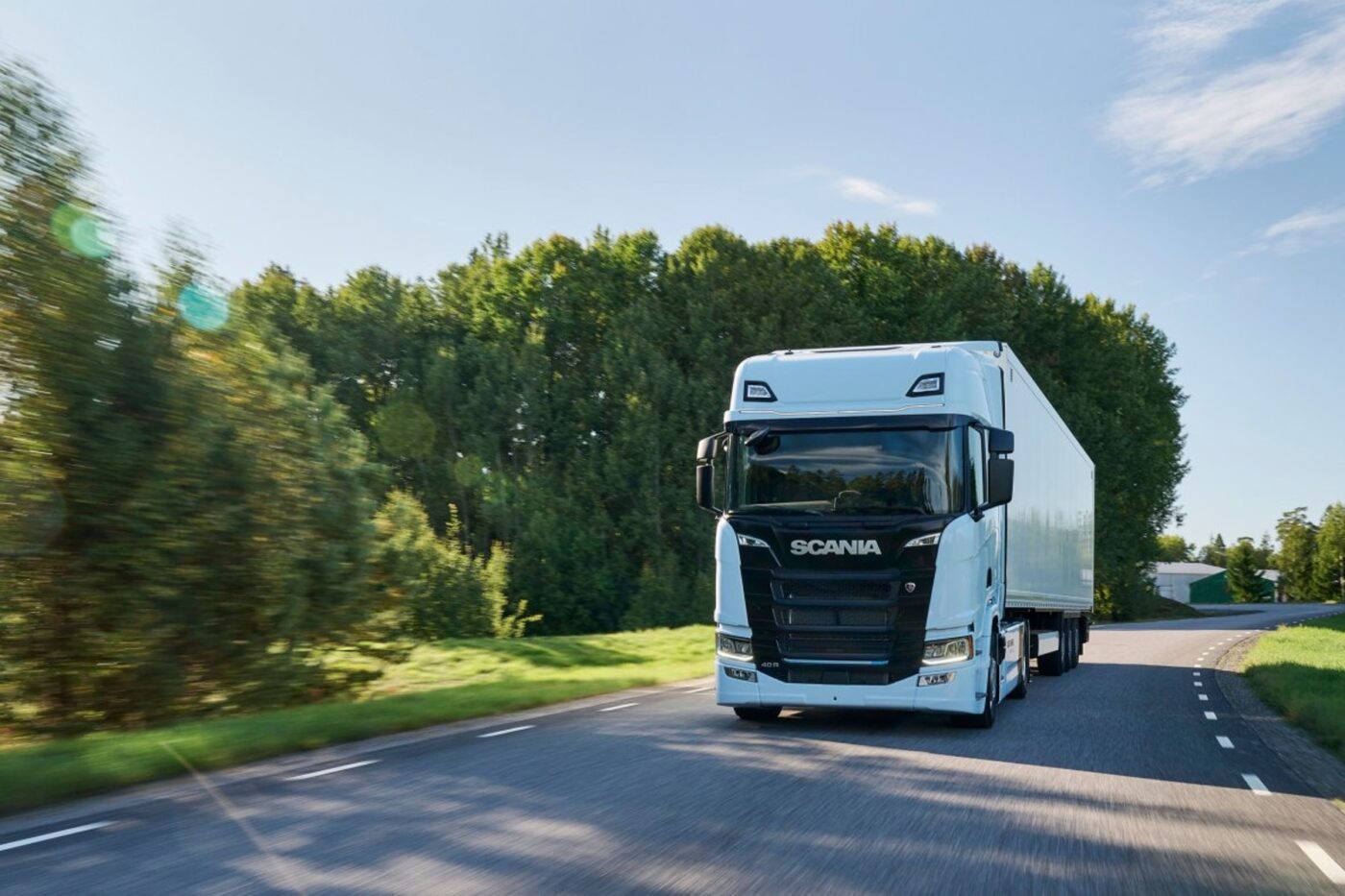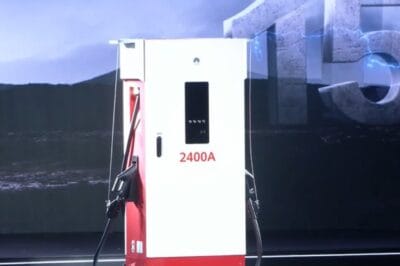Scania kicks off production of electric long-haul trucks
Scania is starting series production of its BEV trucks for regional transport in Södertälje, Sweden. First unveiled in June 2022, the new electric trucks, with a gross vehicle weight of up to 64 tonnes, will receive a number of improvements, according to the new Scania announcement, including new electric drive systems in five power levels of 270, 300, 330, 360 and 400 kW, as well as new batteries with cells from Northvolt that will be assembled into packs at Scania’s battery assembly plant in Södertälje, allowing ranges of up to 390 kilometres
In its announcement, Scania speaks of a “comprehensive update” that the new e-truck family, which will be presented for the first time in summer 2022, will receive. This concerns first and foremost the heart of the vehicles: they will be given batteries with cells from Northvolt and electric motors in five power levels with 270, 300, 330, 360 and 400 kW. The manufacturer puts the range of the batteries, which are assembled into packs for the new electric trucks at Scania’s battery assembly plant in Södertälje, at up to 390 kilometres, and the charging power at up to 375 kW.
Rated for up to 64 tonnes, Scania’s new electric trucks are offered as both trucks and tractors and are available with R-series or S-series cabs. The range varies depending on weight, operation, weather and driving style, among other factors, but “a 27-tonne city tipper with six batteries can expect a range of up to 350 km between charges,” the manufacturer specifies. And: “One hour of charging will then add 270 km of range. And it does not take the highest available charge points with 350 kW for achieving reasonable charging times: a 130 kW charger will add 100 km of range in one hour for a truck that uses 1.3 kWh/km.”
Since opening the order books in June 2022, the Swedish company managed to “build up a solid order backlog”. Production will now commence in Södertälje, Sweden, for trucks with R and S cabs with 400 or 450 kW of engine power, sufficient for a broad variety of truck applications,” Scania wrote. “With updated urban battery electric vehicles including new green battery packs and e-adopted chassis, and services such as Scania Charging Access, Scania’s offer has now reached a maturity level that makes it attractive and relevant for a broad spectrum of customers, regardless of their transport assignments.” Apart from true long-haul operations, most buyers today can find what they need from an operational perspective.
For the first time, the new e-trucks feature new EM C1-4 e-motors with a choice of the above-mentioned five power levels with four gears to ensure high flexibility for customers. Based on this, Scania wants to “guide each customer to the exact configuration that fits in terms of number of batteries and power levels”.
To power the trucks, Scania is using cells from Swedish manufacturer Northvolt in the new electric vehicles, whose CO2 footprint is said to be only about a third of the cells conventionally used in the industry. The manufacturer also cites the charging properties of Northvolt cells as a key strength: “Unlike many other battery packs, Scania’s batteries can be repeatedly charged up to 100% of the SoC window without affecting their lifespan. And they have a straight charging curve, which means that they charge almost full at the same rate as when they are almost empty. The straight charge curve makes for predictable charge times and the long battery life makes for a low total cost of ownership.” However, the company does not name the energy content of the battery packs themselves.





0 Comments